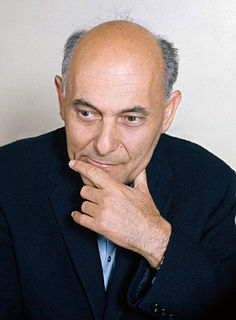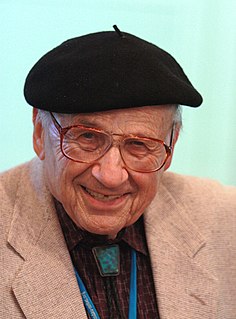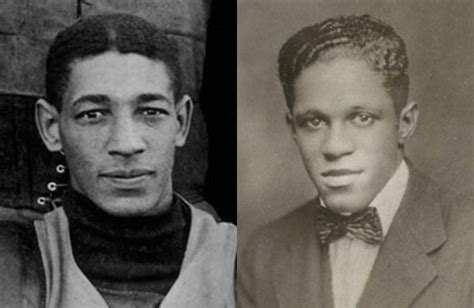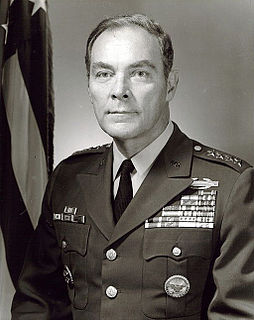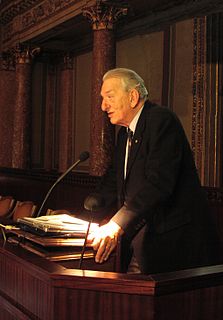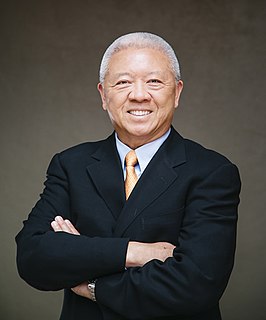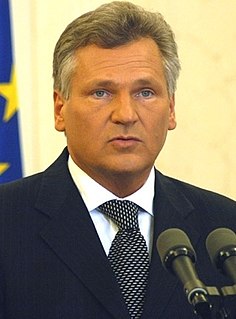A Quote by Eric Kandel
I was born in Vienna on November 7, 1929, eleven years after the multiethnic Austro-Hungarian Empire fell apart following its defeat in World War I.
Related Quotes
In all countries, in all centuries, the primary reason for government to set up schools is to undermine the politically weak by convincing their children that the leaders are good and their policies are wise. The core is religious intolerance. The sides simply change between the Atheists, Catholics, Protestants, Unitarians, etc., depending whether you are talking about the Soviet Union, the Austro-Hungarian Empire, America, etc. A common second reason is to prepare the boys to go to war and the girls to cheer them on.
You know, it's very clear, as one looks back on history again of the Cold War that, following the crisis in Cuba, following the Khrushchev - beating down of Jack Kennedy in Vienna, that President Kennedy believed that we had to join the battle for the Third World, and the next crisis that developed in that regards was Vietnam.
All my life I've been aware of the Second World War humming in the background. I was born 10 years after it was finished, and without ever seeing it. It formed my generation and the world we lived in. I played Hurricanes and Spitfires in the playground, and war films still form the basis of all my moral philosophy. All the men I've ever got to my feet for or called sir had been in the war.
After studying the Hungarian language for years, I can confidently conclude that had Hungarian been my mother tongue, it would have been more precious. Simply because through this extraordinary, ancient and powerful language it is possible to precisely describe the tiniest differences and the most secretive tremors of emotions.

